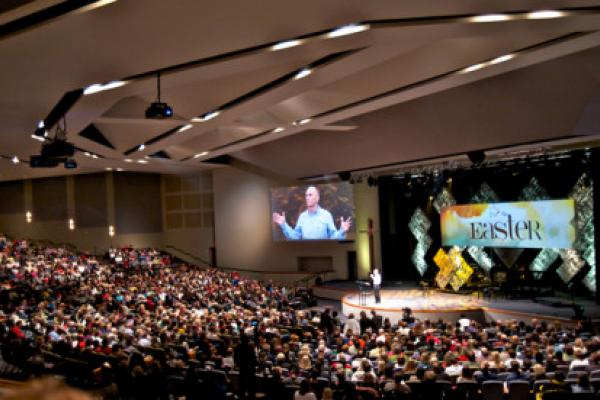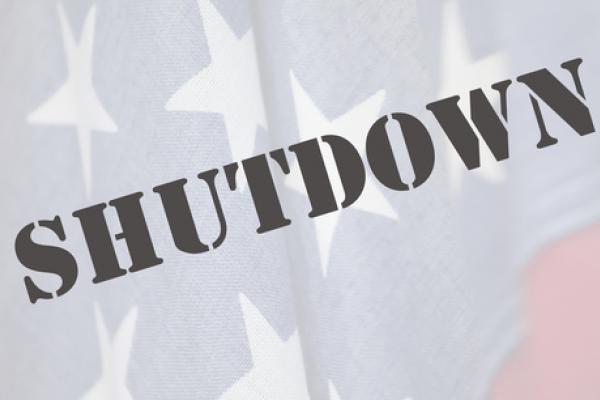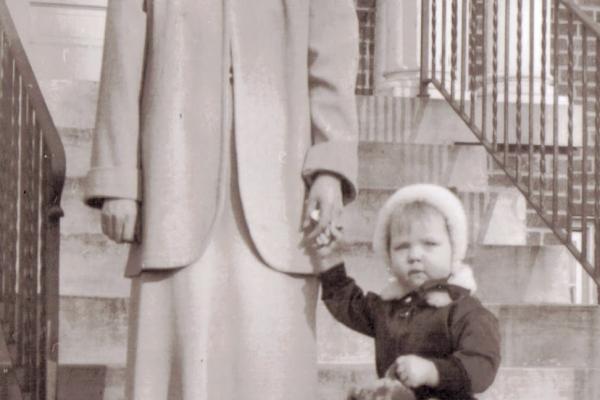Today, Oct. 4, Christians around the world remember one of the great heroes of our faith, and the current pope’s namesake – Francis of Assisi. But Francesco Bernadone (Francis of Assisi), who died on Oct. 3, 1226, must be laughing at the irony of it all.
He was one of the first critics of capitalism, one of the earliest Christian environmentalists, a sassy reformer of the church, and one of the classic conscientious objectors to war. Even though it’s hard to imagine a saint whose life is more relevant to the world we live in today, Francis was not always so popular.
Legend has it, the first time he preached at the Vatican, the pope told him to go preach to the pigs. But later the pope had a vision: the corner of the church was collapsing, and little Francis and the youth of Assisi were holding it up. Arguably that youth movement was one of the most powerful restorations of church history. While he did not hold back on his relentless critique of the church, he remained humble and hopeful. He stopped complaining about the church as it was and started dreaming of the church as it could be. As Francis said, he heard God whisper: “Repair my Church, which is in ruins.”
So perhaps it’s providential that 800 years later the pope is named after him.
Each weekend, 18,000 people gather at one of Eagle Brook Church’s five locations outside St. Paul, Minn., to hear pastors preach family-friendly sermons on avoiding excuses and learning to forgive.
When it’s time to ask for donations, Executive Pastor Scott Anderson said he’s careful to ask only when God deems it necessary.
In recent years, it’s been necessary a lot.
One of the most depressing things I heard on the first day of the government shutdown was that it was a record fundraising day for both parties. Washington, D.C., is no longer about governing; it is just about winning and losing. But the people who will lose the most during a government shutdown — and then an impending United States government default on paying its debts — are those who live day to day on their wages, those at the lower end of the nation’s economy, and the poorest and most vulnerable who are always hurt the most in a crisis like this. And what happens to those people is the focus of the faith community; that is our job in politics — to talk about what happens to them. Faith leaders have been meeting to discuss what we must do in response to this political crisis brought on by absolute political dysfunction
The government shutdown seems to have gotten the attention of the nation. And if this ends in a default on our debt, the potentially catastrophic crashing of the economy will certainly wake us up. The only positive I see in this crisis is that the right issues — the moral issues — might finally get our attention.
Something you should know about tall women who seem reserved and even distant — they may just be shy or socially awkward, and they may really want to be your friend. I've understood this all my life, of course, but I was well into adulthood when my mother told me she understood it too.
My mother was not the kind of woman who could chat easily with strangers or charm other people's children. She would not have survived as a social worker, therapist, or nurse. If she had belonged to a church that equated righteousness with personally comforting the deranged or the homeless or the dying, she would probably have changed denominations.
I tell you this only to point out that hospitality has many faces.
A Christian nun who became the first woman bishop of South Asia’s Anglican community said that so far her appointment has silenced critics who believe only men can play leadership roles in the church.
Speaking on the phone from the Nandyal diocese in the southern state of Andhra Pradesh, the Rev. Eggoni Pushpalalitha, who was appointed a bishop of the Church of South India on Monday, said she faced bias against women in leadership roles “but only until my consecration.”
“Those who used to talk about it are now touching my feet,” said the 57-year-old bishop, who holds degrees in economics and divinity, referring to an Indian custom of showing respect.
After decades of polarization along religious lines, Christians and Muslims in Egypt are coming together to rally behind their flag.
The country is in the midst of a swell of nationalism that began during the revolution in 2011 and intensified when citizens took to the streets in June of this year to call for the removal of President Mohammed Morsi of the Muslim Brotherhood.
Egyptian flags adorn houses and buildings throughout the capital, and everything — from sandbags buttressing military blockades to pillars along the Nile Corniche — has been painted in the national colors of black, white, and red.
Every day, my previously stable faith is replaced with a little more hungry curiosity. I consider this progress.
I posted this brief statement on my Facebook and Twitter accounts yesterday and promptly received quite a bit of interest in return. Not surprising, really, that my typical readership would resonate with such a claim, but I also found some surprising affirmations from those I would not have expected to appreciate my sentiments.
I write fairly often about moving away from emphasis on a propositional faith and toward one that is more implicitly lived out in our daily experience. Said another way, I would much rather have the teachings and values shared by Jesus revealed through my actions and through what people see in me, rather than simply through any particular rhetoric that I offer them as an act of persuasion, or even coercion. This is also selfishly motivated, as I am increasingly convinced that, whereas a faith centered on the proclamation and defense of particular statements is one that lends itself to inertia, a way of life that reveals your values without explicitly having to state them is both more compelling to others and more fulfilling for ourselves.
God, to know Jesus' name and yet commandeer its power for our pride is a great offense. We ask forgiveness for the ways we have failed to live up to the name Christian. Strengthen us by your Spirit to bear the name of Christ in the self-giving way your Son demonstrated. Amen.






